Anxiety in the workplace: Employers breaking the stigma
Anxiety in the workplace: Employers breaking the stigma
October is an opportunity to really understand the importance of improved mental health, and to normalise getting the help we need when we need it.
One common mental health challenge that often affects our work life is anxiety. Many people experience anxiety to some degree with symptoms and effects ranging from mild to debilitating.
So, how do we find the support we need and identify employers who are breaking the stigma surrounding mental health in the workplace?
Understanding Anxiety in the Workplace
Anxiety is a chronic condition that can significantly impact daily life, including our ability to thrive at work. It may show up as excessive worry, restlessness, difficulty concentrating, or as physical symptoms like rapid heartbeat and shortness of breath. Symptoms that make it challenging to meet deadlines and interact confidently anf efficiently with colleagues and clients.
Breaking the stigma
With more honest conversations around mental health times are definitely changing but to some degree anxiety and other mental health conditions still carry a stigma, causing employees to sometimes suffer in silence. There’s a fear of being judged or facing negative consequences at work so it’s more important now than ever to break this stigma in favour of modern, supportive workplace environments where mental health can be holistically managed without fear of reprisal.
Open communication
Look for companies open to having honest conversations about the anxiety that comes with day to day life and work. An understanding that seeking support is a sign of strength rather than weakness means they’re embracing a true culture of acceptance where employees can feel safe and supported.
Education and awareness
Some employers offer training and workshops in mental health issues for both employers and employees. From how to lead compassionately, to managing work responsibilities with anxiety and mental health. This promotes empathy between team members and the ability to recognise symptoms and support each other in accessing helpful resources.
Flexible work arrangements
Employers offering flexible work arrangements with remote work or flexible hours are in the best position to help people with anxiety effectively manage their symptoms. It immediately shows a deeper understanding of the reality of balancing work and life, and a willingness to contribute positively to authentic job satisfaction.
Professional help and support resources: Look for employers who encourage and provide access to professional support from mental health experts, therapists or counselors. Therapy can provide great coping strategies and a safe space to anxiety and there are real mental health benefits to knowing that you’re not alone, and that support is available.
Employee Assistance Programs (EAPs)
Many forward thinking companies now offer EAPs that provide confidential counseling services and referrals to mental health professionals. These programs are vital for employees seeking support in the workplace.
Peer support networks
This could be a great interview question when checking if a new company is the right fit for you. If they encourage the support networks where you can connect with your team and with others outside of your team it could mean you’d have the support of colleagues who may be facing similar challenges. Sharing your experiences and coping strategies can foster a sense of belonging and reduce the feelings of isolation which sometimes trigger anxiety.
Self-care practices
Have a look at the self-care practices encouraged for employees that could help manage anxiety symptoms. Initiatives like regular exercise, space for mindfulness and healthy eating, and boundaries around uninterrupted periods of rest. These practices can help you build resilience and reduce your anxiety so you can thrive at work.
If you’re managing it alone, anxiety can be a significant barrier to your wellbeing in the workplace. By working with a company that’s serious about breaking the stigma surrounding anxiety and mental health you’re more likely to get the support you need, and a warm, welcoming environment where you feel both safe and empowered.
For employers reading this, let’s prioritise understanding, compassion, and empathy for anxiety, ensuring that no one feels alone on their journey towards better mental health.
Post categories
- Employers (20)
- Job seeker tips (172)
- News (56)
- Real stories (144)
- Referral partners (1)







